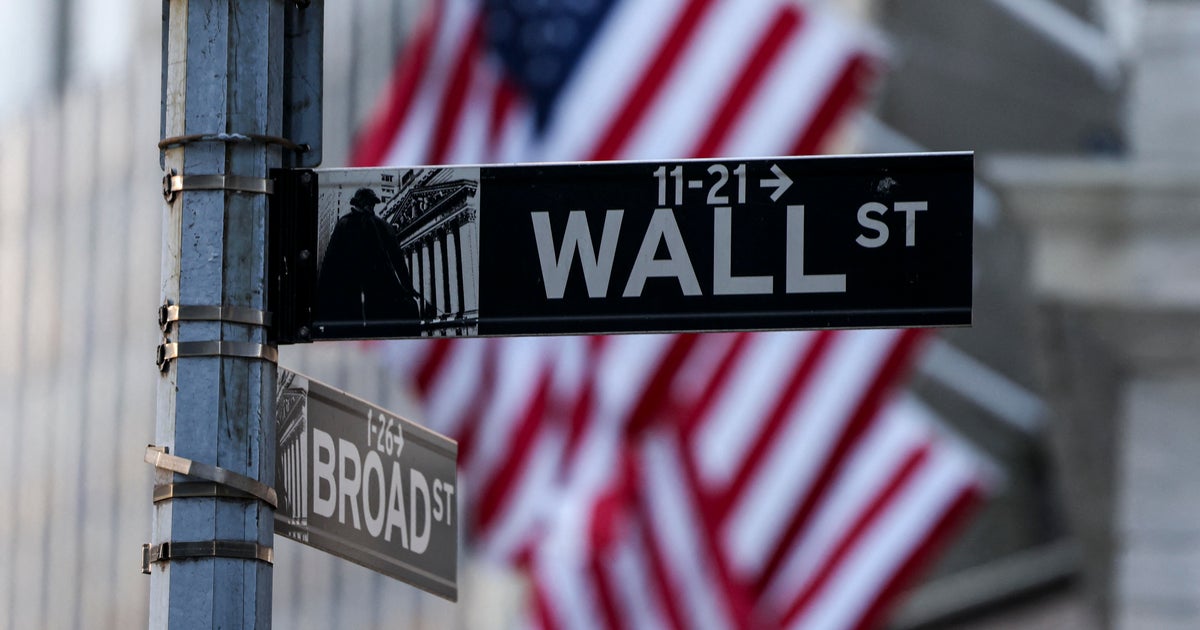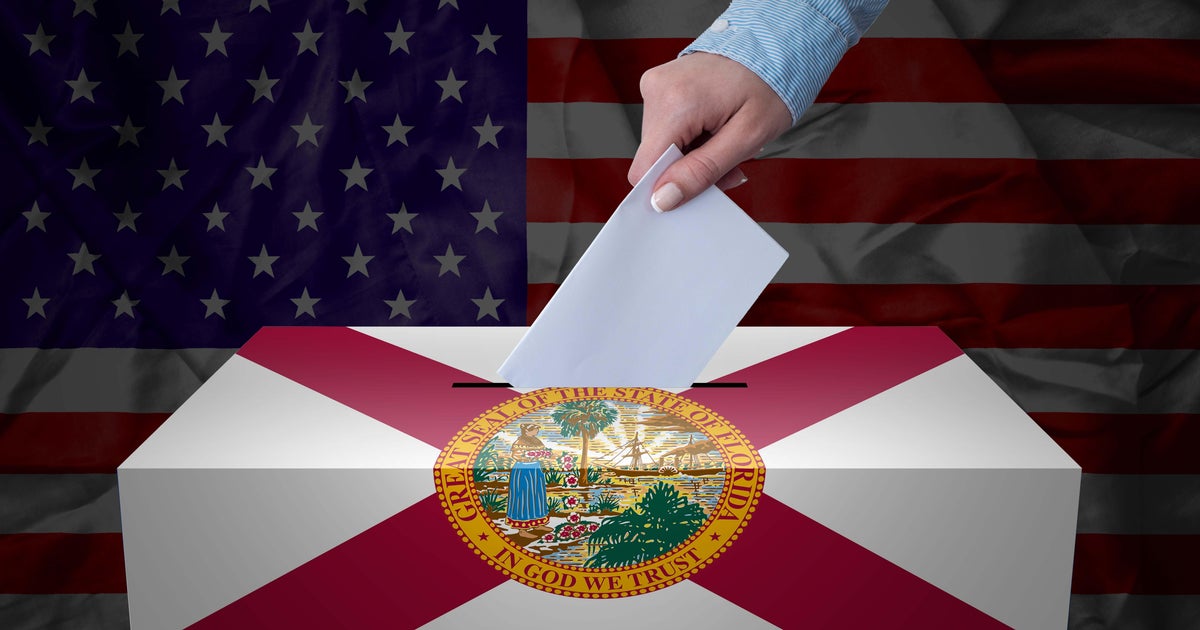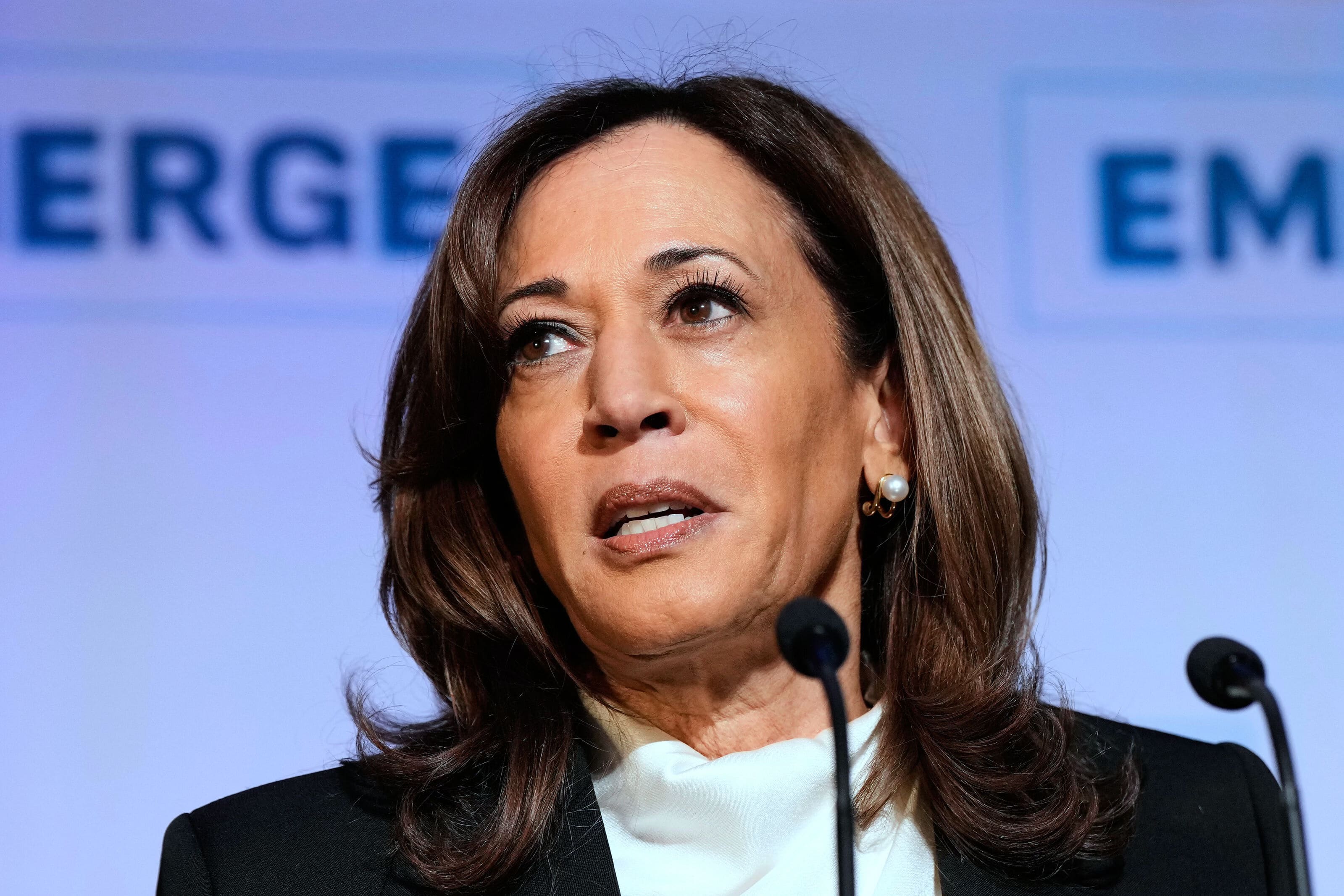Rattled by presidential election, stocks extend losing streak
NEW YORK – Stocks closed lower for an eighth straight day, with investors grappling with the potential impact of next week’s U.S. presidential election.
The Standard & Poor’s 500 index fell 9 points, or 0.4 percent, to end at 2,089, while the Dow Jones industrial average declined 29 points, or 0.2 percent, to 17,931.. The Nasdaq composite lost 47 points, or 0.9 percent, to 5,058. It is the longest string of losses for stocks since October of 2008, when the financial crisis was erupting.
A CBS/New York Times poll shows that, with five days left until the election, Hillary Clinton leads Donald Trump by three points nationally. That gap is down from 9 points just over two weeks ago, after the candidates’ second debate and amid accusations by women that Trump had made unwanted sexual advances towards them.
“It’s a pretty simple equation: uncertainty goes up, stock market goes down,” said David Kelly, chief global strategist with JPMorgan Funds.
The Mexican peso, which has become Wall Street’s proxy for Trump’s chances at the White House, advanced 1 percent against the dollar on Thursday. Investors have speculated that a Trump administration would be negative for the Mexican economy, and would cause the Mexican peso’s value to fall as a result.
Kelly said that Clinton is being considered a continuation of the Obama administration, which is mostly priced into the market, whereas Trump would represent a significant departure from current policies and would introduce a great deal more uncertainty into the economy. He expects the stock market to sell off following a Trump victory.
Investors are also evaluating the potential impact of a contested election, in which the results are not immediately known.
“The presidential election race is now too close to call, raising the possibility of a near-tied election result that would be aggressively disputed by one or both of the candidates,” said Andrew Hunter, U.S. economist with Capital Economics, in a note this week. “Under those circumstances, the infamous 2000 election suggests that the uncertainty could persist for at least a month and could weigh heavily on the stock market during that time.”
Elsewhere around the world, the battered British pound jumped more than 1 percent to $1.246 after a court ruled that Prime Minister Theresa May must hold a vote in parliament over leaving the European Union. May had maintained that the government could give the EU notice it is leaving without such a vote, after voters chose the “leave” option in a referendum in June.
A vote in parliament was seen as making it less likely that the government would wind up with a “hard” exit involving loss of access to tariff-free business with the EU, which is the country’s largest trading partner. The government can appeal the court decision.
The price of crude oil extended a losing streak into a fifth day. Benchmark U.S. crude slipped 90 cents to $44.45 a barrel in New York. Brent crude, the international standard, was fell 50 cents at $46.35 a barrel in London.
U.S. government bond prices fell. The yield on the 10-year Treasury note rose to 1.82 percent from 1.80 percent a day earlier. In currency trading, the dollar fell to 102.97 yen from 103.28 yen, while the euro edged up to $1.1099 from $1.1096 the day before.



